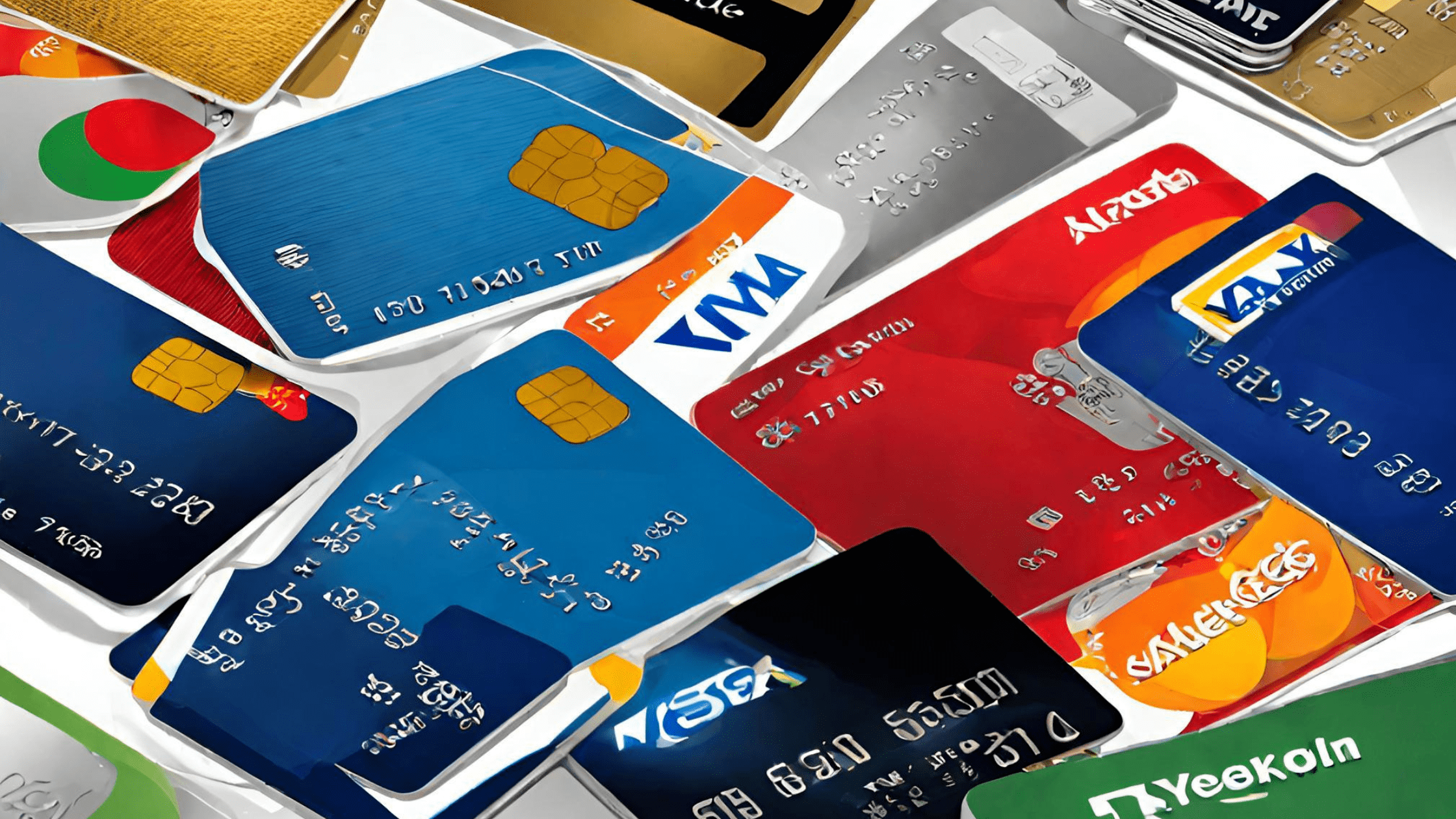With Credit Card Fees Rumoured to Increase, Is Now The Time for Businesses to Take Open Banking Seriously?
Ecommpay ’s Clare Haskins, Head of Revenue Operations and Sinan Yagubov, Business Development Manager, were interviewed to get their thoughts on the potential implications of increased credit card fees for Open Banking.
’s Clare Haskins, Head of Revenue Operations and Sinan Yagubov, Business Development Manager, were interviewed to get their thoughts on the potential implications of increased credit card fees for Open Banking.
With last year’s reports of Visa and Mastercard planning to raise their credit card fees, which sent shockwaves through the payments industry,
it’s understandable that such a move from the two largest financial service schemes could potentially cost merchants millions a year.
Since the announcement of the purported increases, Mastercard has already debunked the reports while Visa has remained silent.
Despite no further developments in this news, it does raise a few questions in the payments space, particularly on the issue of Open Banking adoption.
If credit card fees were to increase significantly, leading to higher payment processing costs, would this potentially encourage more businesses to adopt Open Banking as a payment method?
It’s not exactly a straightforward answer.
A strong case for Open Banking
“At first glance, the news that Visa and Mastercard are raising their credit card fees is good news for Open Banking. The way credit card transactions are processed means that they are subject to the interchange costs and scheme fees associated with all types of credit cards.” – Clare Haskins, Head of Revenue Operations, Ecommpay
This is what Visa and Mastercard are proposing to increase. As a result, the cost goes up for everyone in the payment chain, increasing operating costs for acquirers or forcing a price increase for merchants on blended pricing plans.
Obviously, such an environment is unsustainable as margins are already quite thin for card processors to stay competitive in the market.
Here is where Open Banking becomes more attractive. Its fees per transaction are lower for both the merchant and the wider processing chain, making it
a viable alternative. Moreover, Open Banking offers the advantage of eliminating chargebacks, as transactions occur instantly.A guaranteed hassle-free,
instant funding is another plus for merchants.
If a merchant adds an Open Banking advanced solution to their consumers’ online check out experience, it could help mitigate the use of credit cards and
the associated increase in fees. However, Open Banking might not always be the preferred option for some consumers.
For example, if a customer is specifically using a credit card rather than debit card because they don’t have the funds available, then Open Banking is not
a viable alternative for them as there is no credit line other than their bank overdraft facility. So, while Open Banking as a payment method might save
merchants money, it may not always make sense for the consumers.

A quicker process but at the cost of consumer protection
Sinan Yagubov, Business Development Manager, at Ecommpay, has shared similar sentiments about the good part as well as the bad part of Open Banking. When a customer pays with an Amex, Visa or MasterCard for example, the money first goes through the card scheme (Amex, Visa or MasterCard), before reaching the seller or merchant. This adds cost and time to the transaction for the merchant because the payment must be cleared with the issuing bank and
the card scheme. Whereas in Open Banking, there are no scheme costs associated with any payment.
The downside of Open Banking, broadly speaking, is the absence of the fraud protection that customers usually enjoy with their credit card.
For example, if a merchant sells a product which is falsely advertised, the customer can report this sale to their issuing bank and initiate a chargeback process with their chosen credit card. In Open Banking, however, the customer is not afforded this protection.
When customers pay via bank transfer, they do not have a chargeback concept as the seller validates and authorises the payment to the merchant.
This is why customers in large value purchases, ones with extended delivery times, such as in the Travel industry, still prefer paying using cards rather than
bank transfer, because their money is covered by Visa and MasterCard’s insurance.
Observers will have to wait and see if the news reports about Visa and Mastercard potentially raising their credit card fees will come to fruition and if this, in turn, will lead to more merchants adopting Open Banking payment methods.
When it comes to merchant services, there are Open banking solutions that can allow customers to make direct payments from their bank accounts in a matter of seconds. This solution is designed to seamlessly integrate with businesses’ current payment portfolios.
This article has been republished with permission from Ecommpay.
Ecommpay is a member of our Payment Service Provider panel.
***
If you found this article helpful and would like to read similar articles, please subscribe to our newsletter.
To get notified of our latest posts, follow the Payments Consulting Network company LinkedIn page and click on the bell icon at the top right section of our company profile.




